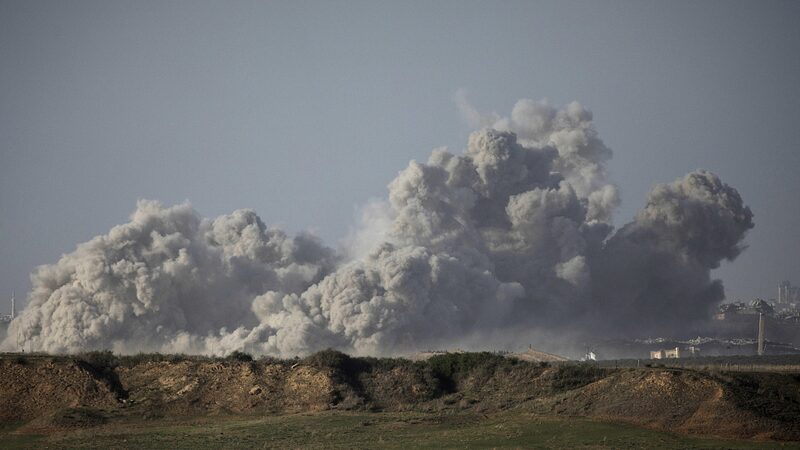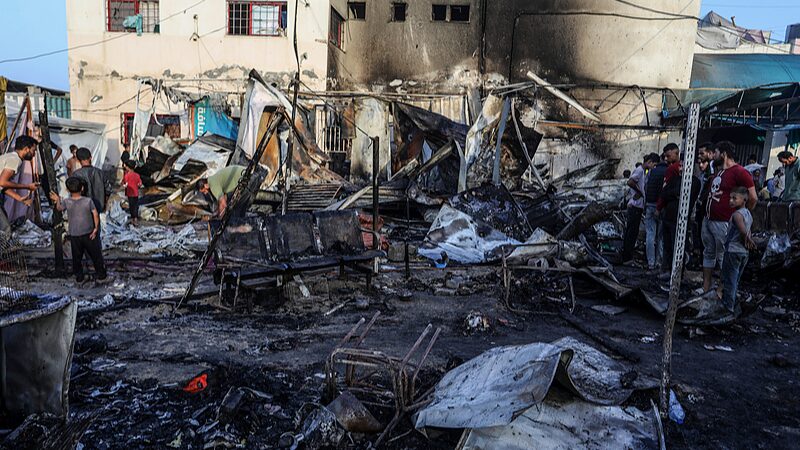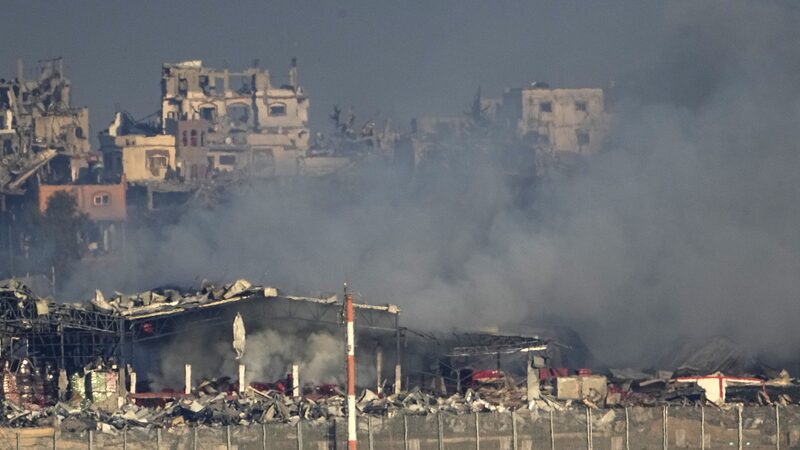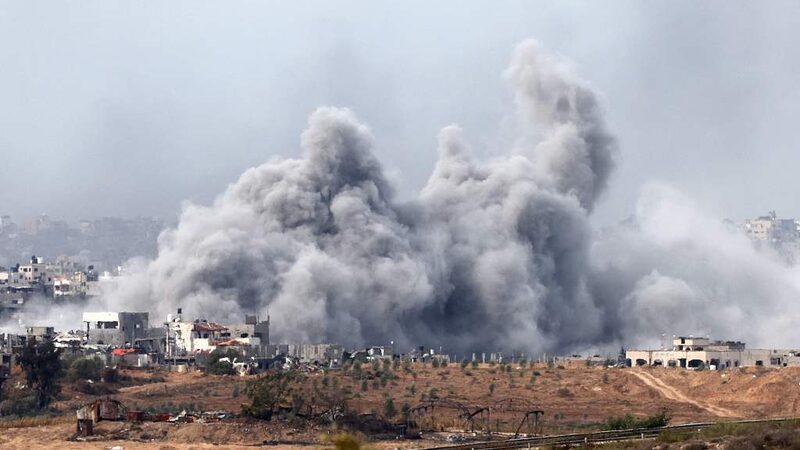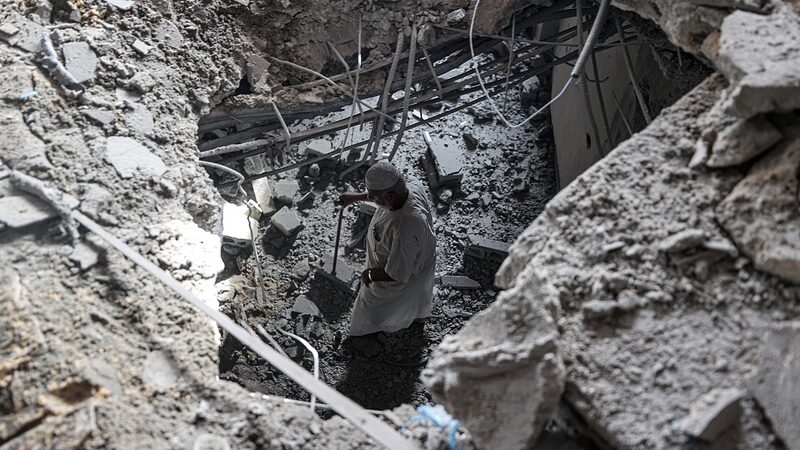As the Palestine-Israel conflict reaches its 13th day, over 4,900 lives have been lost, marking a significant escalation in the ongoing crisis. On Thursday, Egypt announced that it would permit the “sustainable” passage of humanitarian aid into the Gaza Strip through the Rafah crossing. This development offers a glimmer of hope for the besieged enclave, where hundreds of aid trucks are waiting at the border amidst relentless bombardment by Israel.
The Rafah crossing, the only passage into Gaza not controlled by Israel, has become a focal point for humanitarian efforts. Egypt’s decision to open the crossing comes amid international calls to alleviate the humanitarian crisis unfolding in Gaza. The blockade has severely limited access to essential supplies, including food, water, and medical aid, exacerbating the dire conditions faced by Gaza’s residents.
Meanwhile, China has voiced its concerns over the escalating violence. Chinese officials have urged an immediate cease-fire, emphasizing the need for peace and stability in addressing international and regional hotspot issues. China calls on all major countries to exercise objectivity, justice, calm, and restraint to prevent further deterioration of the situation.
The international community watches closely as tensions remain high and the threat of a ground invasion looms over Gaza. Humanitarian agencies warn of a looming catastrophe if aid is not allowed to flow freely into the region. The opening of the Rafah crossing is a critical step toward providing much-needed relief to the Palestinians in Gaza.
As the conflict continues, the world looks to diplomatic efforts to halt the violence. The calls for peace underscore the urgency of finding a resolution that safeguards lives and upholds human rights. Developments in the coming days will be pivotal in shaping the future of the region and its people.
Reference(s):
cgtn.com

